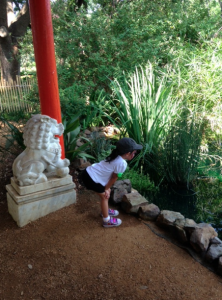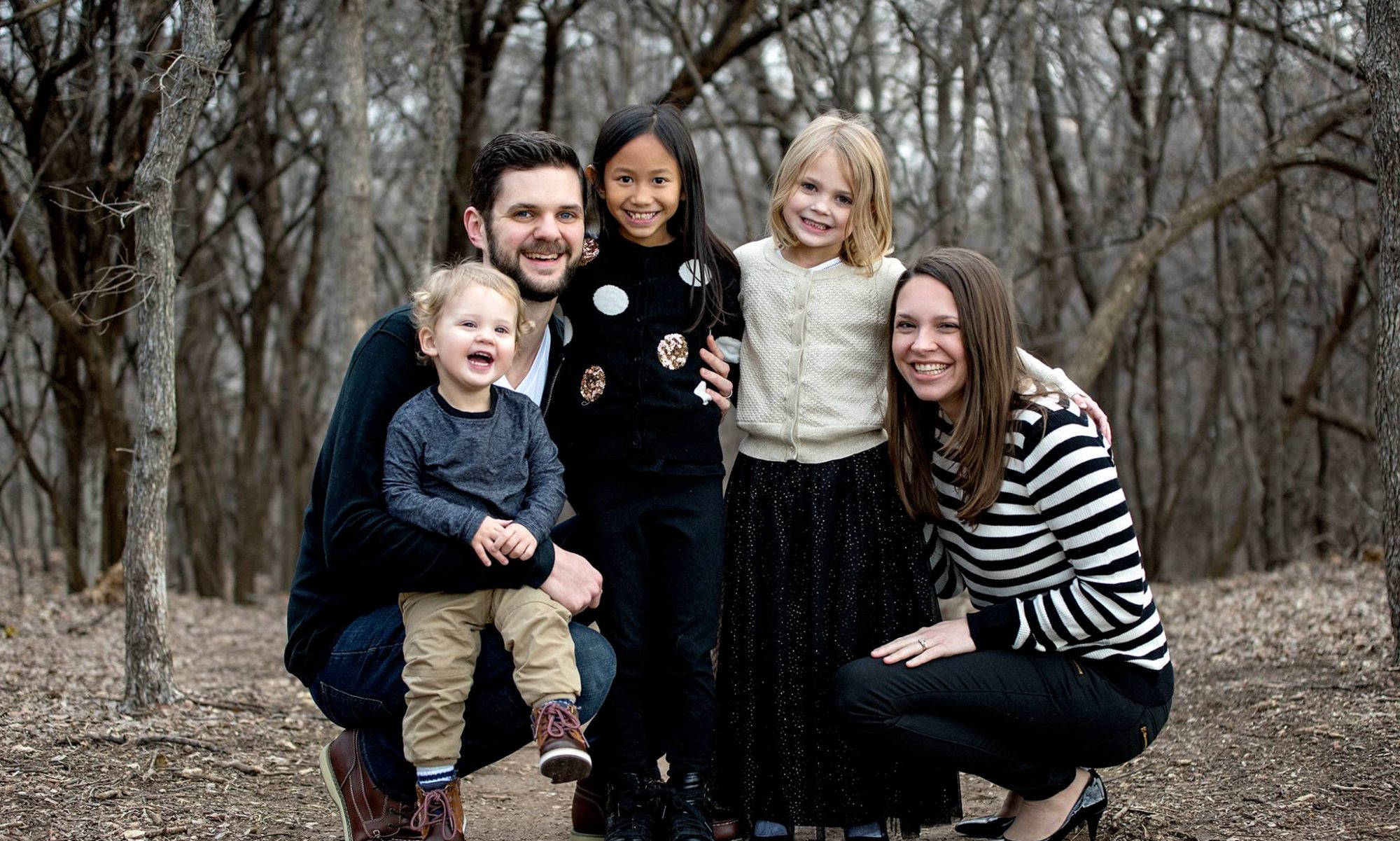This post originally appeared on Tapestry’s website on July 23, 2013.
 As my husband and I continue on our adoption journey, we have met people who are willing to be vulnerable and share their experiences as an adoptee. Recently I’ve read interviews with Tara Bradford and Carissa Woodwyk.
As my husband and I continue on our adoption journey, we have met people who are willing to be vulnerable and share their experiences as an adoptee. Recently I’ve read interviews with Tara Bradford and Carissa Woodwyk.
Tara’s interview was shared in a two part series: Day 17 Listening to Adult Adoptees, Part I and Day 18 Listening to Adult Adoptees, Part II
I enjoyed all of Tara’s thoughts, and I want to highlight some specific quotes:
“We never talked about it…In looking back at my childhood, I can see how that was very disempowering to me as a transracial adoptee.”
“We must never minimize or gloss over the fact that adoption begins with the loss of one family and the gain of another. The adopted child is caught in the middle of this dynamic and yet is the one who seems most powerless of their life circumstances.”
Carissa’s interview was shared in the blog post, Meet Carissa, here are some specific quotes:
“My parents willingly answered the questions as best as they were able to and then the conversation was done. I stopped asking. They didn’t ask.”
“They didn’t talk about the impact of being relinquished. They didn’t show grief about my abandonment. They didn’t invite me to be curious and ask questions about my birth story. They didn’t talk about what it felt like to not belong and feel different. They didn’t ask what it was like for me to be adopted. They didn’t name that there was brokenness and beauty in my story. They didn’t talk about God’s heart for me and the fractured places I came from.”
“For redemption to take place, the brokenness and suffering first have to be acknowledged. For healthy identity to be cultivated, one has to know who they are and where they’ve come from to know where they are going.”
And in both their interviews, I hear, “They didn’t ask; they didn’t engage.” So I reflect on my conversations with my daughter and our journey thus far, and I think…I willingly answer when she asks, but do I continue the conversation? Do I ask her what she thinks? Do I ask her how she feels? Or do I breathe a sigh of relief when she stops asking for that day? When I don’t have to leave the present and be reminded of her past?
And as I reflect, I am reminded of my own experience of self-discovery and reflection. In the blog post Hurting Families, Healing Churches, Amy Curtis mentions the Adult Attachment Interview. Through Tapestry my husband and I experienced a small scale version of an Adult Attachment Interview, and I honestly thought I would pass with flying colors (which shows I didn’t understand the process at all). And when I got my results, I was crushed because I wasn’t perfect and I wasn’t going to be the perfect parent. I have my own hang ups that I have to accept and work through.
I have to work on engaging in emotional situations, or I won’t be able to help my daughter find healing as she processes her adoption story. I have to engage even if I’m uncomfortable. I have to learn how to talk about loss. I have to let my child see my own emotions. I have to be okay with making mistakes and not being right. I have to be okay with me, so I can help my daughter see and learn who she is – who I know her to be, who God is molding her to be.
I have to look at patterns in my life that need adjustment, so I can be available to her. It would break my heart to hear my daughter say, “My mom and dad didn’t ask,” but at the same time, if she felt that way, I would hope I had learned to engage in those feelings and find reconciliation.
I’m not going to get it right. I’m going to make mistakes. But I am thankful that like Amy Curtis says, I have the support of my church.

735308 127602Thanks for providing such an excellent article, it was outstanding and extremely informative. It
867294 443160 You produced some decent points there. I looked on the internet for the concern and identified most individuals will go along with along with your internet site. 148471
Thanks for a marvelous posting! I quite enjoyed reading it,
you may be a great author. I will ensure that I bookmark your blog and may come back from now on. I want to encourage continue your great work, have a nice afternoon!
Someone necessarily help to make seriously articles I’d state.
That is the very first time I frequented your web page and
thus far? I surprised with the analysis you made to make this actual publish
extraordinary. Fantastic activity!